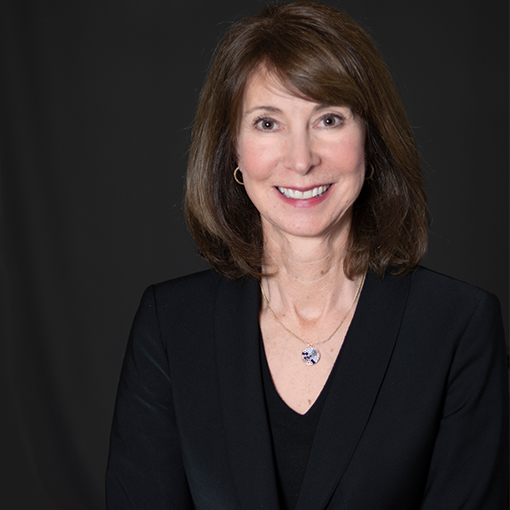This site uses cookies to provide you with a more responsive and personalized service. By using this site you agree to our use of cookies. You can learn more about our use of cookies and similar technologies and your choices by reviewing our Privacy Policy. By clicking “I agree” you agree to our use of cookies and similar technologies.
How Houses Of Worship Can Best Prepare For The Worst
How houses of worship can best prepare for the worst.
A previous version of this article was published in Security Today on July 11, 2018 and written by Stephanie Douglas.
The recent tragedy at The Tree of Life Synagogue in Pittsburgh calls attention to a harsh fact: houses of worship are not immune to violence. Conversations about what can be done to keep violent weapons and dangerous materials from falling into the wrong hands continue to dominate the political discussion, leaving communities wondering what they can do to prevent the next school or church attack. Houses of worship find themselves in a particularly vulnerable position, opening doors to hundreds of people, while not necessarily having the resources to adequately protect themselves from violence, or even a natural disaster. Worship sites also vary in size and type, from individual homes to large venues and entire buildings. So where do you start in approaching a thoughtful security plan and effectively communicating it to your faith community?
Here are some important suggestions for making your local worship place safer for everyone.
Your people are your focus. Ensuring the physical safety of a congregation is a responsibility few church leaders considered in a serious way, prior to recent tragedies. However, this is now very much a part of any organization’s responsibility. Having well thought-out plans in place and making sure that leadership, volunteers and the congregation know what to do in the event of an emergency is critical.
Build relationships. Houses of worship, regardless of their size or type, can benefit from utilizing publicly available information and relationships in the community. One of the most significant relationships any entity can have is with their local law enforcement agency, such as the precinct, or a government public safety office. Meeting with your local police officers and asking questions about preparing for or handling a potentially dangerous situation will go far in creating a long-term preparedness plan in case of an emergency. In addition, meeting with your local fire department officers can help you take steps to protect yourself and others while help is on the way, after a crisis event occurs.
Create a plan. Those responsible for your facility and the care of your members and visitors should be familiar with what to do in case of an emergency. Having a documented security plan, which identifies likely threats/ risks and denotes appropriate responses, is a vital tool to maximize preparedness. Your security plan should include phone numbers for staff and police and fire departments, a designated place where the congregation will meet in the event of a fire or earthquake, and even a security checklist for church events. Knowing that leadership has taken the time to think about security and has a safety plan in place will reassure people that public safety is not something your house of worship takes lightly. A security plan can be basic or very complex depending on the environment. In either case, here are some initial questions to talk about with your colleagues and neighbors, as well as suggested areas for plan development.
- Where are the most logical and most accessible emergency exits?
- Where do I go in the event we need to evacuate our space?
- Where is the closest fire alarm and extinguisher?
- How do you respond to a fire versus an earthquake or a flood?
- How should I respond in the event someone comes into our service with a weapon?
- How do I notify our congregation and/ or law enforcement if I see a crime or a person I am concerned about?
Communication is key. The potential for a security event is a difficult topic to discuss in many of our faith communities. Most people go to worship houses for encouragement. However, as you begin to discuss security within your faith communities, you will quickly find that many people have already thought about this issue.
While there is no perfect solution, passing on a thoughtful message about your security plan to your local faith community and working with faith leadership, law enforcement and emergency officials is both responsible and reassuring. No one wants to think or talk about these things, but we can no longer pretend public safety at houses of worship is not under threat. We will all be better off expecting the best but preparing for the worst.

Stephanie Douglas
President, National Security Practice
Stephanie Douglas focuses on sensitive internal and white-collar crime investigations, corporate security programs, intellectual property (IP) protection and investigations, and proactively educating executives about insider threats. She has extensive experience in the management of criminal and national security investigations, domestic and global security operations and policy development and strategy. Ms. Douglas has had a distinguished career in both the private and public sectors. After 23 years, she retired as a Senior Executive from the Federal Bureau of Investigations where she served in a variety of influential roles. She also served as the senior director of corporate security for Pacific Gas & Electric prior to joining Guidepost Solutions.


